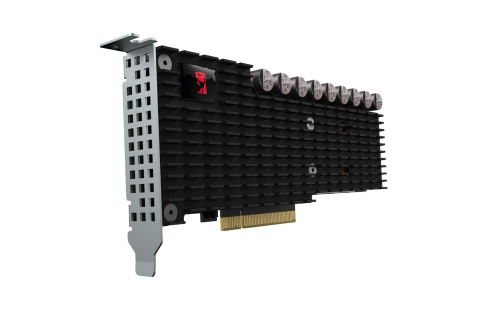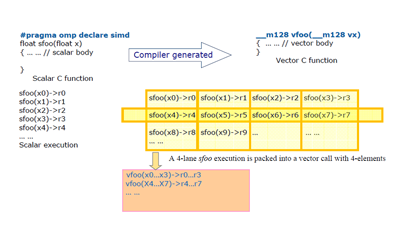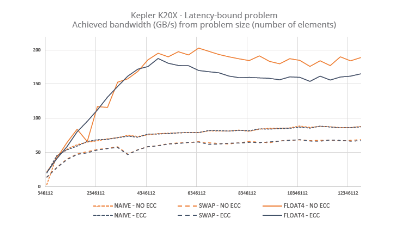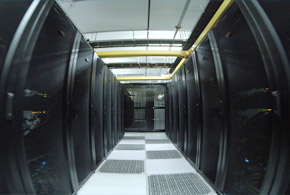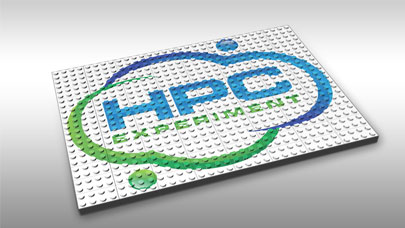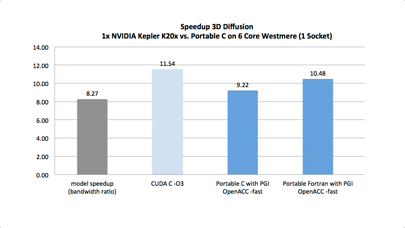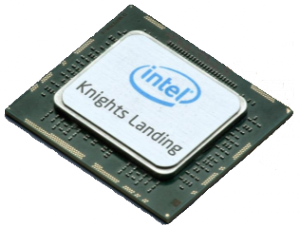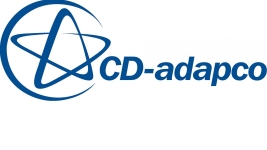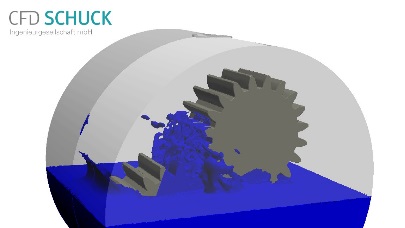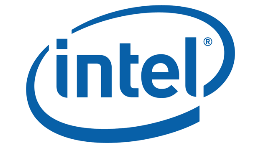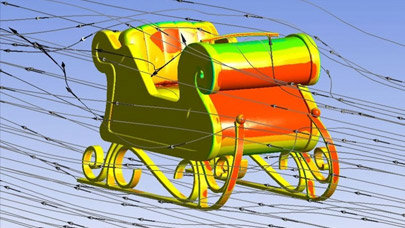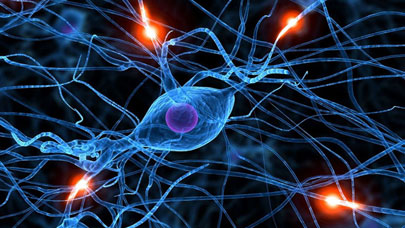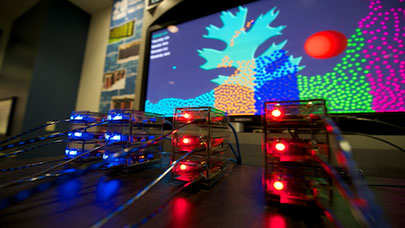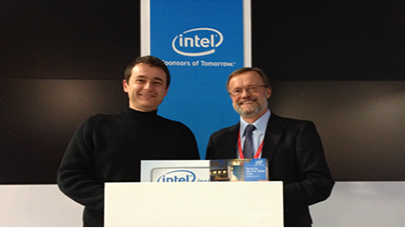• Next-generation Storage Solutions on Display at Super Computing 2016
Kingston Digital, Inc., the Flash memory affiliate of Kingston Technology Company, Inc., the independent world leader in memory products, recognizes its ongoing relationship with the Caltech team working on experiments at the Large Hadron Collider (LHC), to facilitate their collaborative research efforts in high energy physics.
Behind the exciting discoveries at the LHC such as the Higgs boson particle, are massive sets of data that need to be distributed globally, shared and analyzed at unprecedented rates. These data sets are used by a global network of several thousand researchers, scientists and engineers across laboratories and universities to calibrate the equipment and prepare physics experiments. When scientists analyze the data, they typically look at a few billion events at a time, and deal with datasets that range from a few to about 50TB in size, drawn from multi-petabyte data stores. Kingston sees its advances in NVMe SSD technology, jointly developed with Liqid Inc., as being able to saturate the major network links interconnecting research facilities, typically in the range of 100 gigabits/sec (Gbps) per link, when used together with the Caltech team’s high throughput applications which are being highlighted at the Caltech exhibit at SC16.
“In 1998 we first tackled the problem of how institutions collaborating in the Large Hadron Collider physics program − and in particular my high energy physics experiment called the Compact Muon Solenoid − would handle the problem of going from the masses of data that we acquire, process, analyze and distribute to getting the physics results and making physics discoveries,” said Harvey Newman, Professor of Physics at Caltech. “Among roughly 170 sites, the amount of data under management by the LHC experiments combined is now about 400PB. And talking in terms of the data transported across networks, it was nearly an exabyte in the last 12 months.”
The Caltech team, which originated the worldwide grid concept supporting the LHC program and is the leading science team in terms of developing high throughput applications for data transfer over wide area networks, also focuses on using GPUs in conjunction with machine learning to rapidly process scientific datasets. Working with its technology partner 2CRSI, Caltech quickly identified the forthcoming Liqid Powered Kingston DCP1000 as a candidate to deliver high IOPS for local computation as well as high throughput for data transfers. The Caltech team led by Professor Newman demonstrated delivering 100Gbps data rates between storage systems using only 2 NVMe add-in cards in a single 1U 2CRSI rack server and scaling linearly to drive 200Gbps of data using four NVMe add-in cards.
“Organizations like Caltech validate the ongoing need for next-generation storage solutions,” said Alain Wilmouth, CEO of 2CRSI. “As a technology aggregator, we are very pleased that Kingston delivered an NVMe form factor that meets the requirements for a compact, high performance solution.”
“Caltech is continuously pushing the envelope, and through this collaboration we see the ongoing need for advances in next-generation storage solutions,” said Ariel Perez, SSD Business Manager, Kingston. “Our partnership with Liqid allows us to continue delivering innovative, cost effective NVMe solutions to enable scientists to efficiently tackle their current and future research initiatives.”
Source: Kingston
With Business Wire
© HPC Today 2024 - All rights reserved.
Thank you for reading HPC Today.

